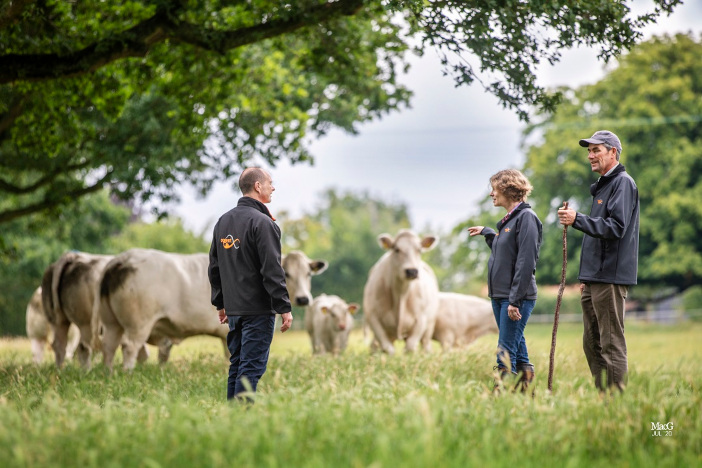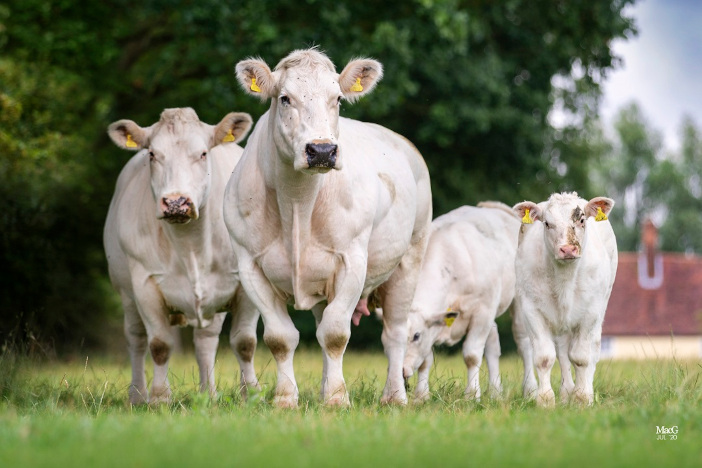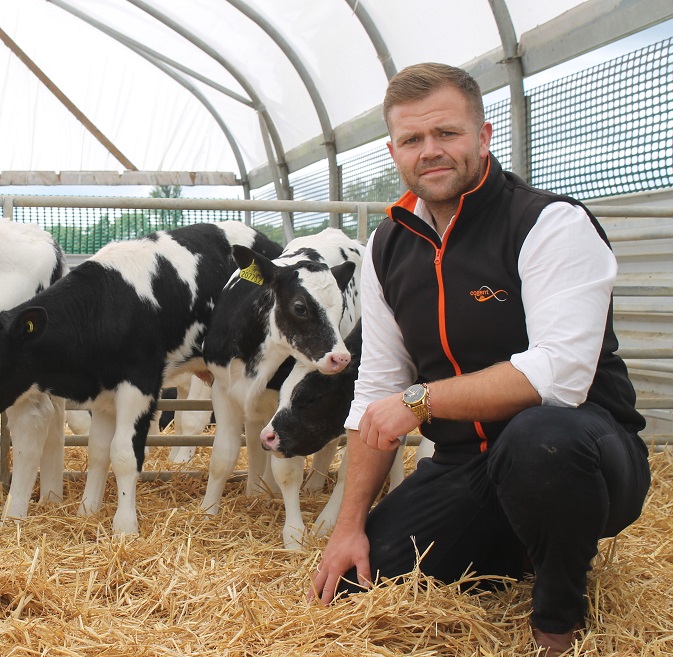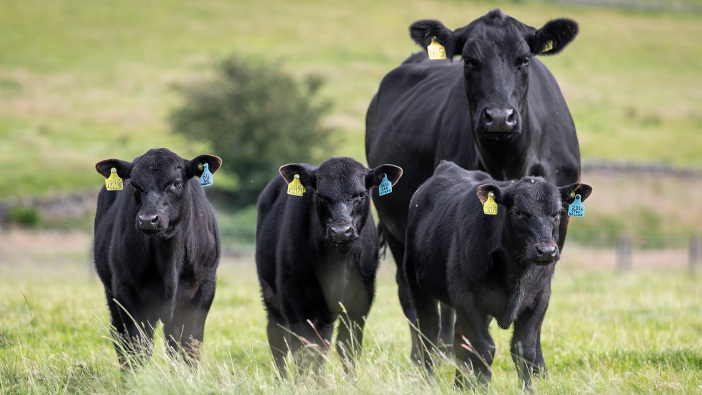As an increasing amount of beef is coming from the dairy herd, Cogent is strengthening its Beef Programme to improve efficiency and provide greater consistency for the whole supply chain.
It is estimated that around half of all beef in the UK is a product of the dairy herd, with this figure predicted to continue on an upward trend. Therefore, improving the quality of these cattle can bring benefits across the whole supply chain.
Cogent has been working on its Beef Breeding Programme over the past three years to help producers with breeding decisions that are likely to be beneficial for the dairy x beef market. The programme partners nucleus herds to develop reputable and bespoke genetics for each sire breed.
By working with these herds, Cogent claims to ensure consistent and desired sire lines whose marketable traits flow through to the crossbred calf.
“The Cogent Beef programme is designed to address the ever-increasing demand of using beef semen in the dairy herd, highlighting the importance of providing consistent genetics that are repeatable,” said Boomer Birch, Cogent’s beef programme manager.
In the programme, bulls are bred for dairy industry desired traits such as conception rate, calving ease and gestation length. Data collection, currently at over 318,000 data points, has enabled the company to monitor both the bull and its progeny’s performance before making the semen commercially available.

Bulls from the programme boast an average gestation length of 280 days and calving ease of 97.9%, indicating that less than 3% of calvings will be difficult.
Calf quality varies with sire breed. The British Blue takes the highest quality at 91%, closely followed by the Aberdeen Angus at 88%. Quality is determined by a unique scoring system based on the conformation and fleshing ability of the calf, defining the differences between continental and native crossbred progeny.
“The figures are calculated on each individual beef sire and are indicative of the benefits that the sire can contribute to the next generation when used in a dairy herd,” said Mr Birch. “By publishing these figures, we provide the farmer with a monetary value that can be used to foresee the benefits of using such genetics within their enterprise.
“The main goal of the programme is to ensure selection of bulls that can perform in any system. To ensure this, we have partnered with some of the most forward-thinking, progressive beef herds in the UK to develop bloodlines that produce repeatable genetics, from calving ease right through to carcase quality.
“Having this relationship with our breeders is allowing us to fulfil the requirements of the whole supply chain, and by utilising advanced breeding technologies, Cogent can create multiple pregnancies from programme-leading males and females to ensure they are bringing the correct genetics into the stud.”
Specific bulls originating from the programme are currently averaging 512 to slaughter, coupled with over 87.4% of progeny achieving a 4L fat grade and below. Conformation is also said to be good, with 97% of slaughtered progeny hitting a 0+ grade or higher. High carcass dead weight coincides with an exceptional kill out percentage, averaging above 51.7%.

“So, for the dairy farmer that needs calves which are easily born, but of high quality, the grower who is looking for efficient, fast daily liveweight gain, the finisher who wants animals that lay down the correct ratios of muscle and fat, and finish quickly, and the processor who wants a carcase that consistently fits the spec with minimal waste, the improved Cogent Beef Programme can provide a solution,” Mr Birch added.

The top eleven Aberdeen Angus bulls for intramuscular fat (IMF) within the Breed Society register have been bred and developed by Cogent as a result of the strengthened beef programme, ticking boxes for the retailer and consumer.
All eleven have now entered semen production within Cogent’s bio-secure bull stud, providing semen to both UK and international markets. Beef semen quality is suitable for male SexedULTRA 4M and advancements allow the company to provide male sexed semen greater than 90% purity.
“With the expected growth of the dairy-cross-beef market, the strengthening of the programme marks a real opportunity for producers to get the most from their calves and capitalise on a rapidly expanding sector,” Mr Birch concluded.


